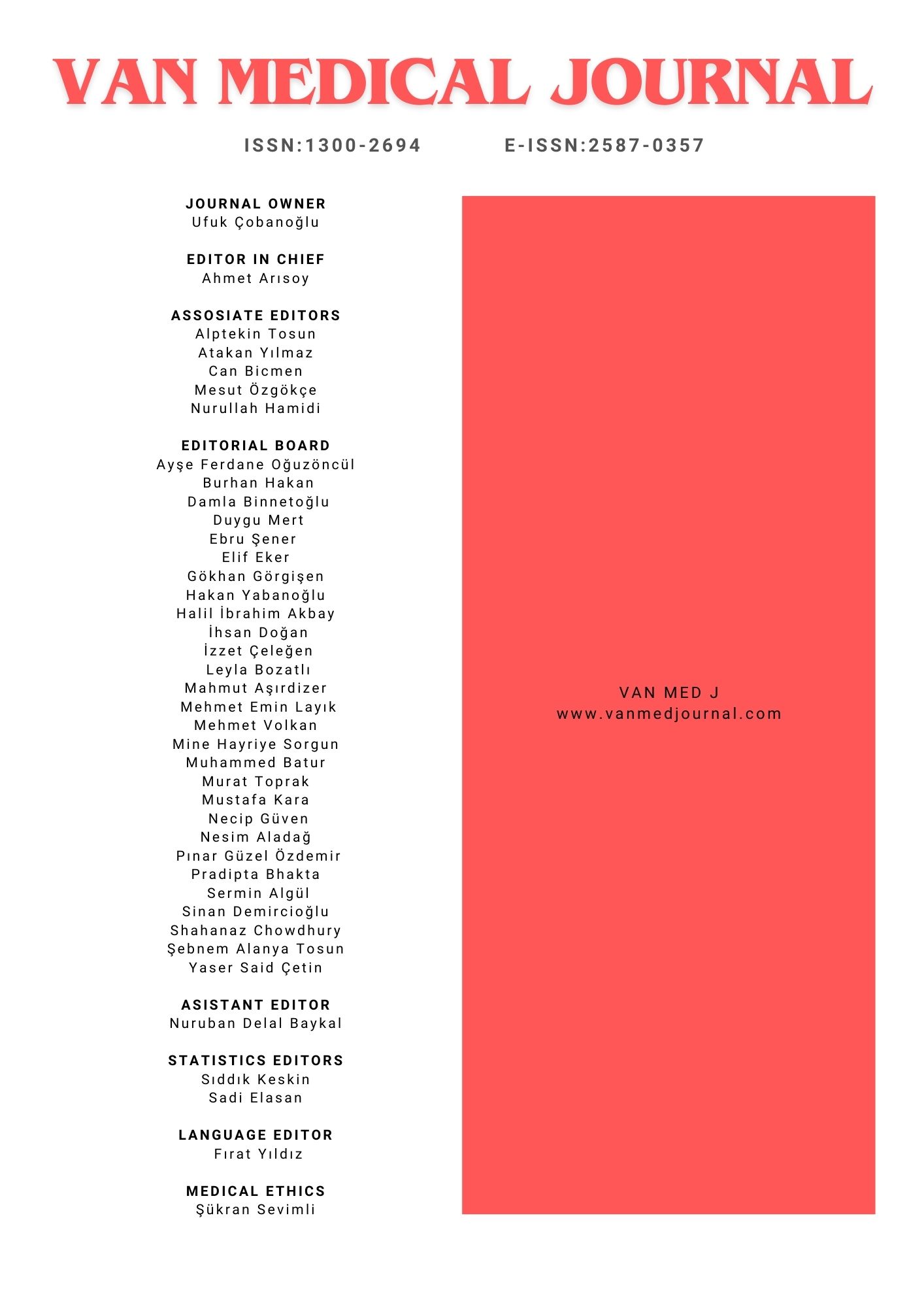The Relation Between Type D Personality Features and Social Anxiety among Individuals with Alcohol and Substance Use Disorders
Mehmet Cihad Aktas1, Cemile Hurrem Ayhan1, Sakine Aktaş2, Azad Salman Ali Tarakçı31Department of Psychiatric Nursing, Van Yuzuncu Yil University, Van, Turkey2Department of Psychiatry, SBU. Van Education and Research Hospital
3Department of Psychiatric Nursing, Hawler Medical University College of Nursing, Erbil, Irak
INTRODUCTION: Type D personality is characterised by the presence of social inhibition (SI) and negative affectivity (NA). Individuals high in social inhibition (SI) often experience feelings of discomfort, anxiety, stress, and lack of confidence. In contrast, individuals high in negative affectivity (NA) tend to experience unpleasant feelings. The aim of the present study was to determine the relationship between type D personality traits and social anxiety in individuals with alcohol and drug use disorders.
METHODS: A cross-sectional was conducted with 140 individuals who were admitted to the XXX Health Sciences University Training and Research Hospital at the unit of Alcohol and Drug Addiction Treatment and Research Center between July and September in 2023. The Type D personality (DS-14) and Liebowitz Social Anxiety Scale (LSAS) were applied to participants. A linear regression model is used to test the predictive effect of D Type Personality on social anxiety.
RESULTS: It was seen that there was a positive and significant relationship between social anxiety and social inhibition among participants (r=0.392, p<0.01). Similarly, a positive and significant relationship was seen between social anxiety and NA (r=0.318, p<0.01). The linear regression model was revealed that SI was seen significant predictors in social anxiety, but NA was not seen as a predictor in this relation.
DISCUSSION AND CONCLUSION: In conclusion, the relationship between Type D personality features and social anxiety among individuals with substance use disorders is a complex and multifaceted issue influenced by various psychological, emotional, and personality factors.
Manuscript Language: English

